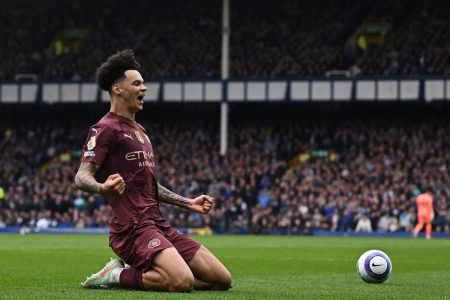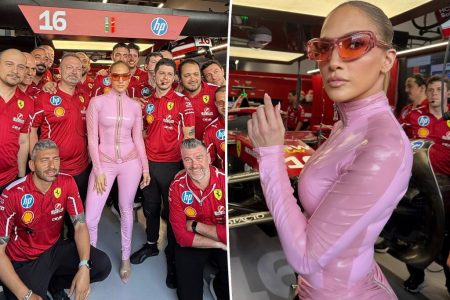The world of college football is experiencing a significant shift in how athletes benefit financially from their Name, Image, and Likeness (NIL) rights. In a groundbreaking move, hundreds of college football players have signed group licensing agreements with Pathway Sports and Entertainment, a new company dedicated to helping athletes monetize their NIL rights. This deal is expected to be the largest of its kind in the industry’s history, surpassing $20 million and involving more than 100 schools. Pathway has already secured agreements with over 450 players from top programs like Alabama, Illinois, Georgia, Texas Tech, Wisconsin, and Oregon, with plans to expand to schools like Clemson, West Virginia, Missouri, and Tennessee in the near future. The company’s leadership, which includes Casey Schwab, a former executive at Altius and the NFLPA, aims to sign every scholarship football player across the 134 Football Bowl Subdivision (FBS) schools, totaling around 11,000 athletes.
Under the terms of the agreement, each player is receiving an upfront payment of $1,500, with the possibility of additional royalty payments once the structure is finalized. This represents a significant increase from the $600 upfront payment that EA Sports offered last year for players to appear in its college football video game. Alabama receiver Ryan Williams, one of the first players to sign with Pathway, expressed enthusiasm about the deal, stating that the company is helping athletes secure their fair share of royalties from a multibillion-dollar industry. The deal is structured in a way that the payments are considered “above the cap,” meaning they won’t be subject to the revenue-sharing limits that schools will soon be required to adhere to under the new NIL compensation system. This approach not only benefits the athletes but also aligns with the goals of athletic directors and coaches who are looking to create legitimate opportunities for their players.
The significance of this deal extends beyond the financial benefits for the athletes. It marks a major evolution in how college athletes can profit from their NIL rights, particularly in the context of video games. Last year, EA Sports made headlines by striking deals directly with players for its highly anticipated return of the college football video game franchise. However, the $600 per player payout was widely criticized as inadequate, given that the game generated over $500 million in sales. In contrast, Pathway’s deal aims to provide athletes with at least four times that amount through a combination of upfront payments and royalties. Schwab emphasized that the company is committed to creating mutual value, ensuring that athletes receive fair compensation while also supporting the interests of schools and coaches.
The launch of Pathway’s group licensing agreements comes at a pivotal time in college athletics, as the NIL landscape continues to evolve. Under the new compensation system, schools will soon be allowed to share millions of dollars with athletes annually through a capped revenue pool. However, the compensation earned through outside NIL deals, such as those arranged by Pathway, will not count toward this cap. This setup provides a legal avenue for schools to offer their athletes additional financial support beyond the mandated limits. A new NIL clearinghouse, operated by Deloitte, will oversee the system to ensure that all deals meet fair market value standards. Schwab expressed confidence that Pathway’s agreements will pass scrutiny, citing the company’s use of decades’ worth of data to determine payment amounts.
The success of Pathway’s model could have far-reaching implications for the future of college athletics. For one, it sets a precedent for how schools can work with outside companies to generate additional compensation for their athletes without violating NIL regulations. This approach could also influence how other industries, such as apparel and entertainment, engage with college athletes. Furthermore, the deal highlights the growing role of NIL collectives, which are increasingly operating as full-fledged marketing agencies. These entities are becoming a key factor in recruiting, as they offer athletes opportunities to earn significant income while maintaining their amateur status. Schwab described Pathway’s strategy as “going through the front door” by working directly with schools and athletic directors, ensuring that all deals are transparent and compliant with NCAA rules.
Looking ahead, Pathway is poised to make waves in the sports industry. The company has already begun reaching out to video game executives and plans to explore other opportunities for athletes beyond football. In addition to its work in college athletics, Pathway is considering how it can support athletes who go on to play professionally, offering them the chance to extend their NIL deals into the pros. Schwab has declined to reveal the names of the company’s investors but noted that they are “significant” and share his vision for creating a more equitable system for athletes. As the college football world continues to navigate the complexities of NIL rights, Pathway’s ambitious deal serves as a blueprint for how athletes, schools, and companies can work together to create mutually beneficial opportunities. For the players, this deal represents a long-overdue step toward fair compensation, acknowledging the immense value they bring to the multibillion-dollar college football industry.









